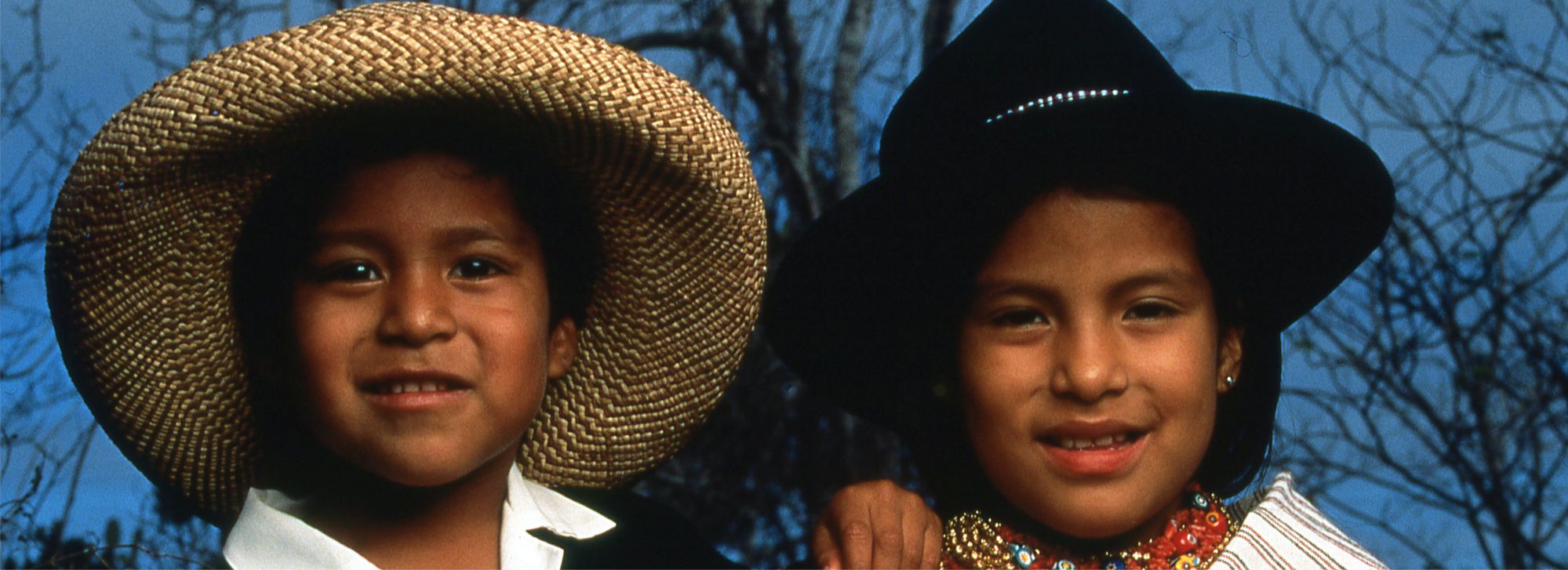The importance of Galapagos’ orality
As it was already mentioned, in Galapagos there are countless fragments of memory that are not preserved in physical media (books, reports or other graphic, audiovisual, or written documents), but through orality: the spoken word. The Charles Darwin Foundation (CDF) Oral History program focuses precisely on recovering those narratives.
Galapagoan orality has a paramount importance in the collection and construction of a local history, as demonstrated by the many amateur and professional historians who have tried to accomplish the unlikely goal of producing a serious, well-documented island’s history book. Most of the facts are preserved only in the local population’s memory and are transmitted orally. One fine example is Norwegian colonist Jacob P. Lundh’s 2001 book The Galapagos: A brief history, where most of the information regarding the islands’ modern history was collected from oral sources.
The scarcity of official policies for the preservation of information, and the practical inexistence of archives or similar institutions, combined with a serious problem for the conservation of paper-based and other documents in the islands (due to its particular weather), makes the access to past records difficult or even impossible. Hence, oral sources become the only available way to explore social memory and reconstruct historical events.
As it may be expected when it comes to orality, the accounts about the very same fact can be quite different from teller to teller, and even ferociously opposite. That feature of oral tradition provides a level of uncertainty that makes most professional historians uneasy about dealing with such sources. But, on the other hand, it also provides a wide number of points of view, which allows the construction of a richer, more heterogenous account about an event, a character, or a process.
Since, in many cases, there is no other available source, orality has become the main deposit of Galapagos’ social memory and, hence, of potential history. How to handle and process it is the real challenge when it comes to creating a solid discourse.
[The photograph that illustrates this text is a slide preserved in the CDF Archive. It has no date or mention of authorship].
Text & picture: Edgardo Civallero (edgardo.civallero@fcdarwin.org.ec).
Publication date: 1 May 2022
Last update: 1 May 2022
